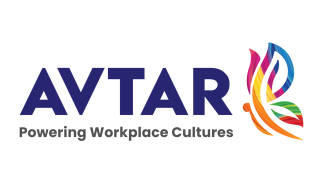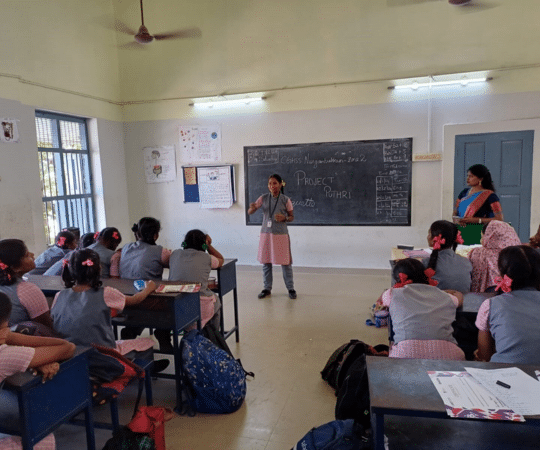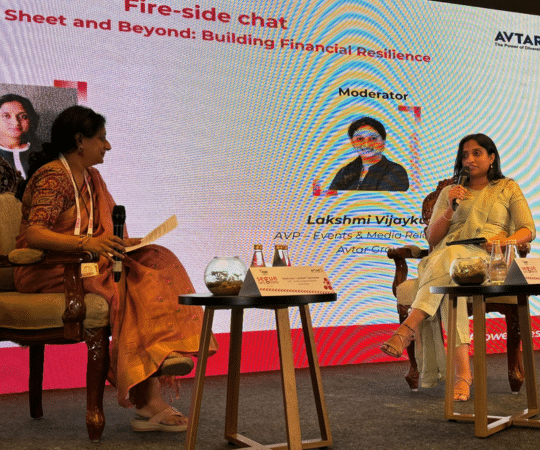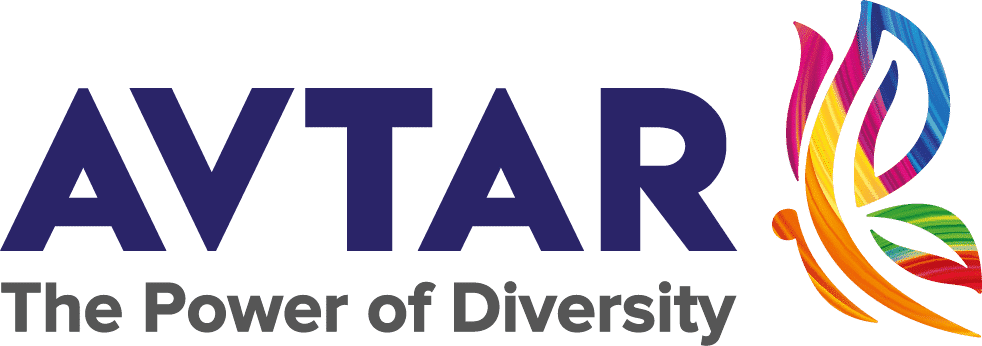Confident and bristling with energy, Deepa (name changed), a 14-year-old girl student at a corporation school, is confident to talk about her interest in data analytics. A class 10 student, she surprised her teachers recently when she expressed her desire to pursue a degree in the field. Her teachers say they see a marked difference in her attitude and approach to life and her studies since the previous year, after she and her classmates began undergoing Project Puthri’s all-round development initiative.
Till over a year ago, Deepa, who is studying in a government-run school in Kancheepuram, found it hard to articulate her thoughts about school, her ambitions and goals, or even her family. She shied away from group discussions and refused to discuss her interests. As one of the students covered by Project Puthri, she is today a glowing example of how targeted interventions can shape a young girl, as an individual and student.
Project Puthri, India’s first development project, is implemented by Avtar Human Capital Trust- a not-for-profit trust, across schools in districts of Tamil Nadu, Puduchery, and Bengaluru. The project seeks to instill career intentionality among girl students from underprivileged sections through a multi-pronged approach, providing complete and wholesome education through the pillars of role model, career coach, and mentor.
Project Puthri released its ‘Impact Report of Career Intentionality training sessions of AY 2023-24’ recently.
The report unravels how mentoring, a key component in the project, has been effective for Deepa and many like her.
The girl students are trained through confidence-building measures, encouraged to take initiative and ownership, and in time management. Mentors also address personality grooming, verbal communication skills, nonverbal communication skills, and study-building techniques, among others.
The Grade 9 & 10 scholars who had been in the Project for the past 2 to 3 years have a better understanding of the life skill topics taught earlier and were now more focused towards practical learning, added the report. Many scholars in these classes were interested in applying practical aspects that they learnt during in-person sessions rather than focusing on what they were already aware maintaining an average growth rate of 53% to 57 % for Grades 9 and 10.
These efforts are supplemented with ample opportunities to engage in diverse training sessions and events, enhancing their confidence levels. Some of these include in-person activities, exercises during mentoring sessions, leader’s talks, and participation in external competitions like ‘Udyog Utsav’ and talent search events. They are exposed to industrial visits, giving their eagerness and confidence a boost, apart from ensuring constant engagement. These interventions have led to a gradual improvement among Puthri scholars.
However, training is not reserved for the Puthri scholars alone, as the mentors are always upping their skills and mentoring game. The ‘Train the Mentors’ program is focused on equipping mentors with mentoring skills, sensitizing them to the quality of mentorship, and helping them understand their own skills and strengths. The program also creates awareness of others, reinforces their role as mentors in schools, provides guidance on best practices and pitfalls to avoid, and imparts training methodologies and evaluation techniques.





















